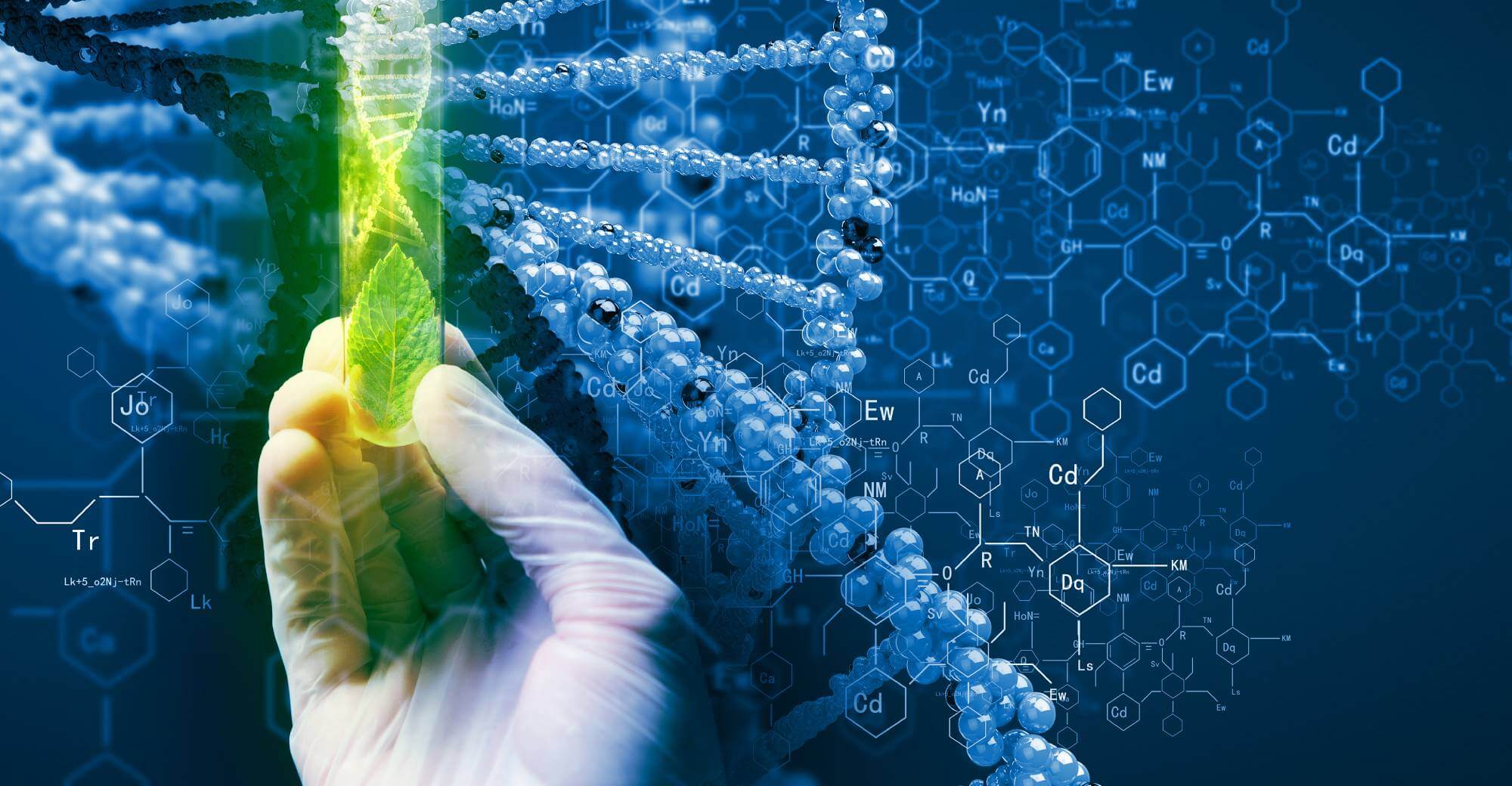The time for biotechnology singularity is now

Forty years may seem a long time… or short, depending on the point of reference. In human history, forty years are nothing but the blink of an eye. And yet, the last forty years have witnessed a massive leap in the field of technology. In 1971, Intel created the first microprocessor, called 4004. A tiny invention though huge breakthrough in the industry, whose application has led us to this technological scenario where literally anything is possible. Mobile phones, robots, home automation systems, self-driving vehicles… real appliances and also some disturbing deep fakes that were just sci-fi ingredients for books and movies only twenty-five years ago. Has technology beaten other scientific fields, such as Chemistry, Physics or Biology, which needed around five hundred years of history to flourish? Not at all!
In truth, technology is not a science, but the result of applying real scientific principles to physical objects or virtual environments, in order to create a practical solution for a specific human need. And today, digital technology is one of our tools, probably the most important one, to drive and accelerate evolution, also in the way we grow and produce our food. Indeed, after such a long journey in the history of science and so many technological advances, we are now ready to enter the world of natural biotechnology. And Kimitec is leading the way.
Boosting nature through technology
We are not replacing nature with technology; rather the opposite, we use technology to help nature reach its full potential. Now that we are close to creating systems and devices that are more intelligent than us, maybe the time has also come for environments with enhanced self-regeneration and production capabilities (though leaving synthetic chemicals and their false promises out of the equation).
Technology is at the core of our business, but not replacing nature, rather to highlight its leading role. We want to understand how it works, learn from it, enhance its biological mechanisms. Our business model seeks to increase productivity and quality, but also, most importantly, safeguard the consumer’s health and the environment.
There has been a long debate about what needs to be done to maximize soil and crop profitability, so that we can feed a world population of seven billion and counting. Historically, when we realized that traditional production methods could just satisfy the needs of nearby communities, we found a way to increase the number of growing seasons throughout the year and crop yields, mitigating the effects of natural agents that affected production, like pests or human activities. Sounds good, right? Unfortunately, no one thought about the huge problems that “miracle” solution would entail.
The solution was not synthetic chemistry
Conventional agriculture has relied on synthetic chemistry to enhance its productivity, through molecules created in a laboratory that can replicate the active components contained in natural plant extracts. Current fertilizers and pesticides are based on those molecules, and offer a high efficacy level. But at what cost? Those products leave chemical residues, which are not biodegradable, hinder soil and ecosystem regeneration, and reduce crop quality and health.
For us, that’s not an actual choice. The industry must focus on finding the balance between what farmers need, what consumers demand and what distribution chains require. Kimitec has done so, and we finally have the answer: A proprietary methodology called 4Health, based on the search for synergies between 4 scientific fields (Botany, Microbiology, Microalgae and Green chemistry) with the help of the latest technology, which we use to create highly effective products that are accessible to producers. And by accessible, I mean affordable, since growers are the ones taking all the pressure from the markets upon their shoulders, and putting their future at stake.
We research natural bioactive molecules and develop solutions that are, at least, as effective as synthetic chemicals. And by doing that, we’re validating an assumption the whole industry has always refused to believe. Can we really develop stable, natural products, which remain active for a long time and withstand the packaging and transport conditions our competitors must comply with? And can we do it while remaining competitive in terms of costs and efficiency? Yes, we can.
Singularity
We are not against the pharmaceutical methodology. Rather the opposite, we believe it can accelerate the development of organic solutions. In fact, we’re using it to create homogeneous, scalable formulations that are perfectly aligned with our ultimate purpose: Improve the consumer’s health with natural foods. The trick to make it work is to produce agricultural inputs that don’t accumulate in the soil, the roots or the fruits, and are degraded by the wind, the rain, the sun, or the available microorganisms.
The term “singularity” was used for the first time in 1957, in a conversation between the Hungarian mathematician John von Neumann and his colleague from Poland, Stanislaw Ulam. With that term, they referred to the unstoppable, accelerated transformation effect that technology exerts on society.
Nowadays, singularity is described as the moment in time when artificial intelligence will be able to improve itself, taking us to an unpredictable new stage in human evolution. Kimitec intends to apply that booming technology to agriculture, and by doing that we may soon reach again a time in human history when food is produced in a healthy, sustainable and profitable way. I’m sure these are only the first steps of a biotechnology revolution, which will ultimately induce new changes in our environment. Positive changes, this time.
